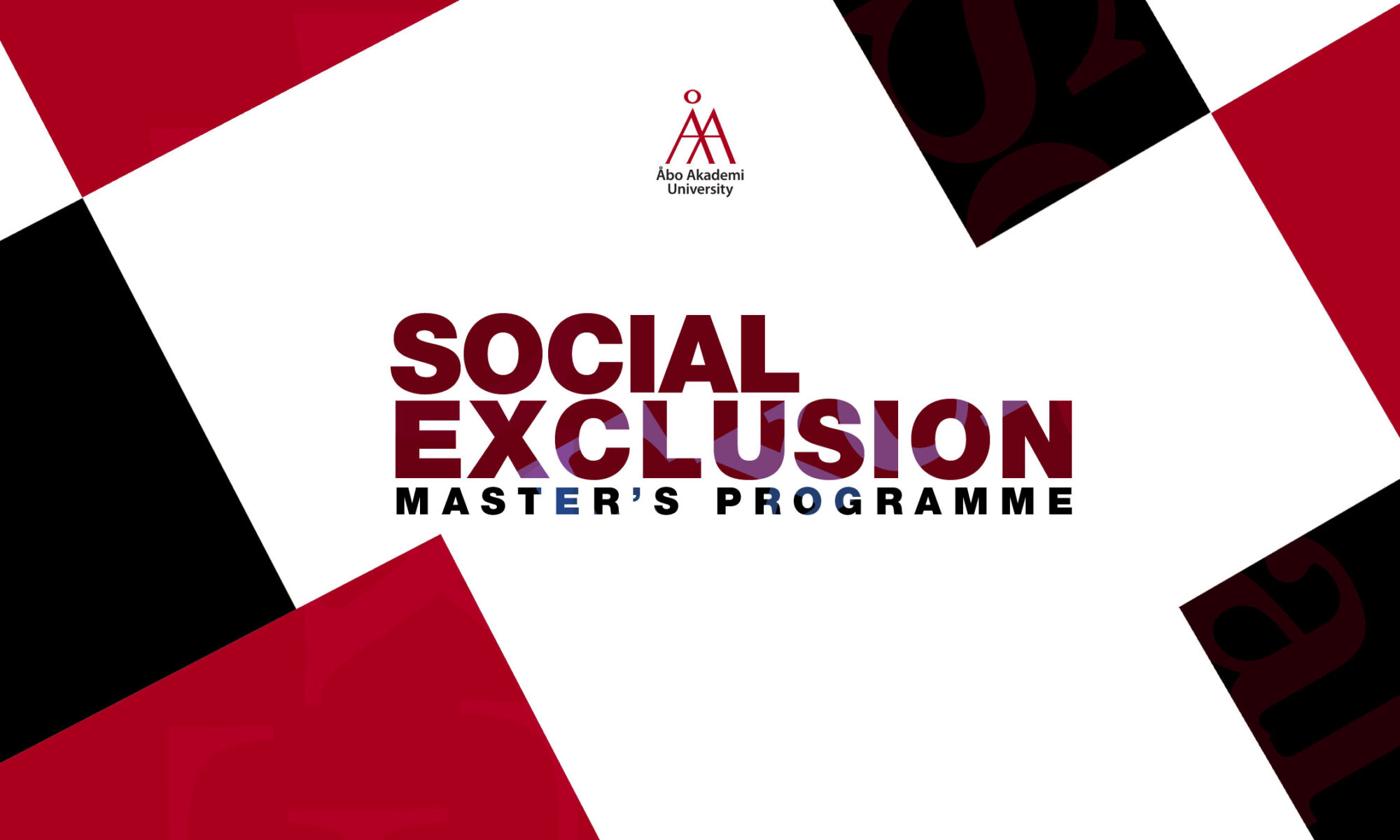On Being Included: Racism and Diversity in Institutional Life

By Sara Ahmed
In the book On being included: Racism and Diversity in Institutional Life (2012) the author Sara Ahmed presents interviews with diversity practitioners about their experiences of doing diversity work within the higher education sector, along with her own experiences working with diversity questions within her academic career. For her book, Sara conducted twenty-one interviews in Australia and in the UK in the 2000s. On the base of these interviews along with Sara’s own lived experiences, she has compiled the book into five chapters, targeting issues such as the language of diversity, performance culture and speaking about racism.
In the book Sara also expresses how racism is discussed. For instance, the negative connotation around the subject, how being called a racist is a personal attack, which in then leads to defensiveness. For the people who experiencing racism are then disregarded and the structural process of racism is not validated, since it “does not happen” in the institution but is rather an external problem. She further explains that institutional and intersectional aspects of racism are not seen, which makes the work difficult to even begin when no one now wants to take responsibility. Sara argues that there should be more awareness about these issues so that more knowledge production is created, along with self-reflection and understanding about power and privilege.
When it comes to Sara’s own experiences, as a feminist of color who has done diversity work in academic spaces, she reflects on how becoming a diversity spokesperson affected her work and what assumptions people had regarding her position. For instance, how a racialized body becomes associated with diversity and therefore linked to one’s identity and you are called angry and nagging. She also talked about how as a consequence of new policies and regulations coming into play require the need for new multicultural or diversity documents to be made in different working groups. These multicultural documents are made with great resources and expertise, but when done it is necessarily not implemented within academia and instead, these papers are buried in some locker in the basement. She also stresses on the work behind these documents is exhausting and time-consuming that resulting in “document fatigue” which takes time and energy away from accomplishing any real work. Sara also addresses how she along with other feminists of color has experienced the dynamic between power and diversity within institutions. She further explains how diversity is usually utilized within institutions as a way of managing diversity by wanting to avoid conflict or by silencing it.
Sara ends her book by discussing how diversity should’ve embedded into institutions, for instance, institutions should make a commitment to diversity work so that it becomes a pillar of the institute. Therefore, the work would be genuine and not performative. This commitment should be on a committee or institutional level along with a more individual level to support diversity work. However, Sara also addresses how this work is regardless an uphill battle and requires these people, who are committed to the work, to push for their agenda and especially that the work is done to completion and not left half done.
Sara Ahmed is a feminist writer and independent scholar. Her research interest are intersection of feminist, queer and race studies. In her own word she describes her research “how bodies and worlds take shape; and how power is secured and challenged in everyday life worlds as well as institutional cultures. ”
“[A] unique account of diversity as an institutional practice and also of what people do and feel when they do not quite fit the norms of an institution or
are ‘out of place’. Ahmed captures the experience of diversity in liberal institutions through the image of a coming up against a brick wall and an important part of this book is the ‘physical and emotional’ labour of confronting that wall.” – Karim Murji, Ethnic and Racial Studies
“Just when you think everything that could possibly be said about diversity in higher education has been said, Sara Ahmed comes along with this startlingly original, deeply engaging ethnography of diversity work. On Being Included is an insightful, smart reflection on the embodied, profoundly political phenomenology of doing and performing diversity in predominantly white institutions. As Ahmed queers even the most mundane formulations of diversity, she creates one eureka moment after another. I could not put this book down. It is a must-read for everyone committed to antiracist, feminist work as key to institutional transformation in higher education.”—Chandra Talpade Mohanty, author of Feminism without Borders: Decolonizing Theory, Practicing Solidarity
